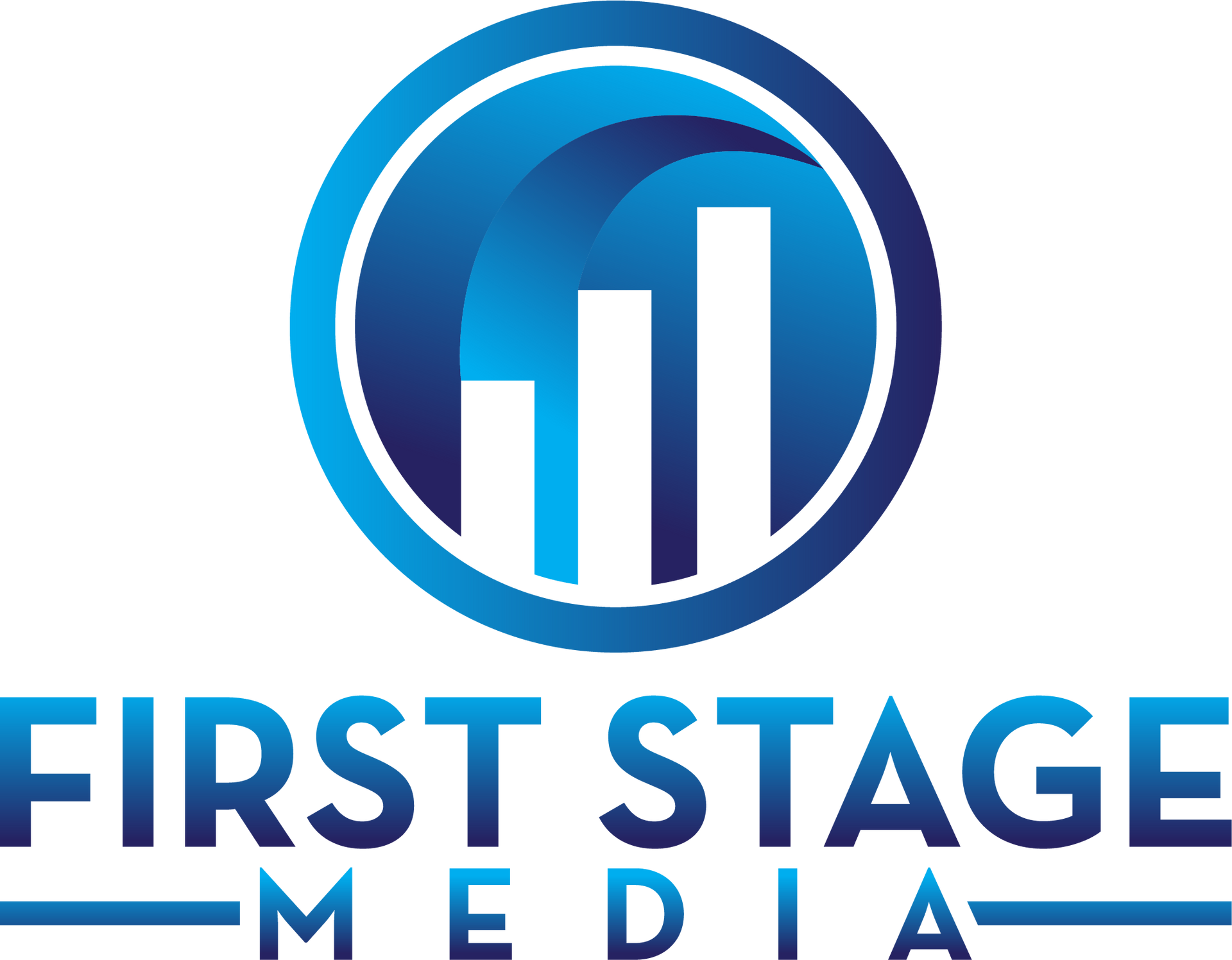This is a subtitle for your new post

Transform Your Marketing Strategies: A Guide for Small Business Owners
Over the past decade, marketing strategies have undergone significant changes, with social media rising as a potent tool for small businesses to expand their reach and engage with their target audiences. As a small business owner, mastering the effective use of social media can transform your marketing approach, unlocking new customer bases and opportunities. With the right strategies, these platforms can become a cost-effective means to build brand awareness, foster customer loyalty, and drive sales. In this guide, we will explore actionable social media marketing strategies specifically designed for small businesses, empowering you to navigate the digital landscape with confidence and creativity.
Boost Your Social Media Presence
Enhancing your social media presence is vital for small businesses in today's digital landscape. Let's explore key strategies to leave a lasting mark online.
Understanding Your Audience
Knowing your audience forms the foundation of effective social media marketing. It's not solely about demographics; it's about understanding their needs, preferences, and behaviors.
Begin by creating detailed buyer personas—fictional representations of your ideal customers that help you tailor your content and messaging.
Utilize social media analytics tools to gather insights about your followers. Pay attention to engagement rates, popular content types, and peak activity times.
Don't forget to listen to your audience. Monitor comments, messages, and mentions to understand their pain points and interests.
Creating Engaging Content
Content reigns supreme in the social media world. Your posts should not only inform but also entertain and inspire your audience.
Vary your content types. Use a mix of images, videos, infographics, and text posts to keep your feed dynamic and interesting.
Tell stories that resonate with your audience. Share behind-the-scenes glimpses, customer success stories, or your brand's journey to create emotional connections.
Maintain consistency with your posting schedule. Use a content calendar to plan ahead and ensure a steady stream of quality posts.
Optimize your content for each platform. What succeeds on Instagram might not be as effective on LinkedIn.
Leveraging Analytics Tools
Analytics tools are your key to social media success. They provide valuable insights that can guide your strategy and enhance your results.
Start with platform-specific analytics like Facebook Insights or Twitter Analytics. These free tools offer extensive data about your audience and content performance.
Consider investing in comprehensive tools like Hootsuite or Sprout Social for a holistic view of your social media efforts across multiple platforms.
Focus on key metrics such as reach, engagement rate, and click-through rate. These indicators can help you identify what's working and what's not.
Use A/B testing to refine your approach. Experiment with different post types, captions, or posting times to see what resonates best with your audience.
Effective Marketing Strategies for Growth
Developing effective marketing strategies is crucial for small business growth. Let's explore some key approaches to help you stand out and attract customers.
Building a Strong Brand Identity
A strong brand identity sets you apart from competitors and leaves a lasting impression on your audience. It's more than just a logo; it's the personality of your business.
Start by defining your brand values and mission. What does your business stand for? What unique value do you offer to customers?
Develop a consistent visual identity. This includes your logo, color palette, and typography. Use these elements consistently across all marketing materials and platforms.
Create a brand voice that reflects your personality. Whether it's professional, friendly, or quirky, ensure it resonates with your target audience.
Remember, brand identity goes beyond visuals. It's about the experience customers have with your business at every touchpoint.
Implementing Cost-Effective Campaigns
As a small business, maximizing your marketing budget is crucial. Fortunately, there are many cost-effective strategies you can implement.
Leverage user-generated content. Encourage customers to share photos or reviews of your products, then feature this content in your marketing materials.
Collaborate with other small businesses or influencers in your niche. Cross-promotions can help you reach new audiences without breaking the bank.
Utilize email marketing. It's one of the most cost-effective ways to nurture leads and keep customers engaged.
Don't underestimate the power of local SEO. Optimize your Google My Business listing and encourage customer reviews to improve your local search visibility.
Measuring Success and Adapting
Success in marketing is not just about implementing strategies; it's about measuring their effectiveness and adapting accordingly.
Set clear, measurable goals for your marketing efforts. Use the SMART framework: Specific, Measurable, Achievable, Relevant, and Time-bound.
Regularly review your marketing metrics. Examine sales data, website traffic, social media engagement, and other relevant KPIs.
Be prepared to pivot. If a strategy isn't yielding the desired results, don't hesitate to try something new. Marketing is an iterative process.
Conduct regular competitor analysis. Stay aware of what others in your industry are doing and look for opportunities to differentiate yourself.
Connecting with Your Customers
Building strong connections with your customers is crucial for long-term business success. Let's explore strategies to foster meaningful relationships.
Encouraging Customer Interaction
Engaging with your customers on social media and other platforms can significantly boost brand loyalty and word-of-mouth marketing.
Respond promptly to comments and messages. This demonstrates that you value your customers' input and are attentive to their needs.
Create interactive content like polls, quizzes, or Q&A sessions. These not only boost engagement but also provide valuable insights about your audience.
Host virtual or in-person events. These could be product launches, workshops, or casual meet-and-greets. Events create opportunities for face-to-face interactions and deeper connections.
Implement a loyalty program to reward repeat customers. This encourages continued engagement and can turn satisfied customers into brand advocates.
Personalizing Your Marketing Approach
Personalization is key in today's marketing landscape. Customers expect experiences tailored to their preferences and needs.
Use customer data to segment your audience. This allows you to send targeted messages that resonate with specific groups.
Implement personalized email marketing. Use the recipient's name and tailor content based on their past interactions with your brand.
Leverage retargeting ads. Show personalized ads to users who have previously interacted with your website or social media profiles.
Consider using AI-powered chatbots for personalized customer service. These can provide instant, tailored responses to common queries.
Utilizing Feedback for Improvement
Customer feedback is a goldmine of insights that can help you refine your products, services, and overall business strategy.
Regularly solicit feedback through surveys, social media polls, or direct outreach. Make it easy for customers to share their thoughts.
Pay attention to both positive and negative feedback. Praise can highlight your strengths, while complaints can reveal areas for improvement.
Respond to feedback publicly when appropriate. This shows that you're listening and committed to continuous improvement.
Use feedback to inform product development or service enhancements. When customers see their suggestions implemented, it strengthens their connection to your brand.
Consider creating a customer advisory board for more in-depth insights. This group of loyal customers can provide valuable perspectives on new initiatives or challenges.



